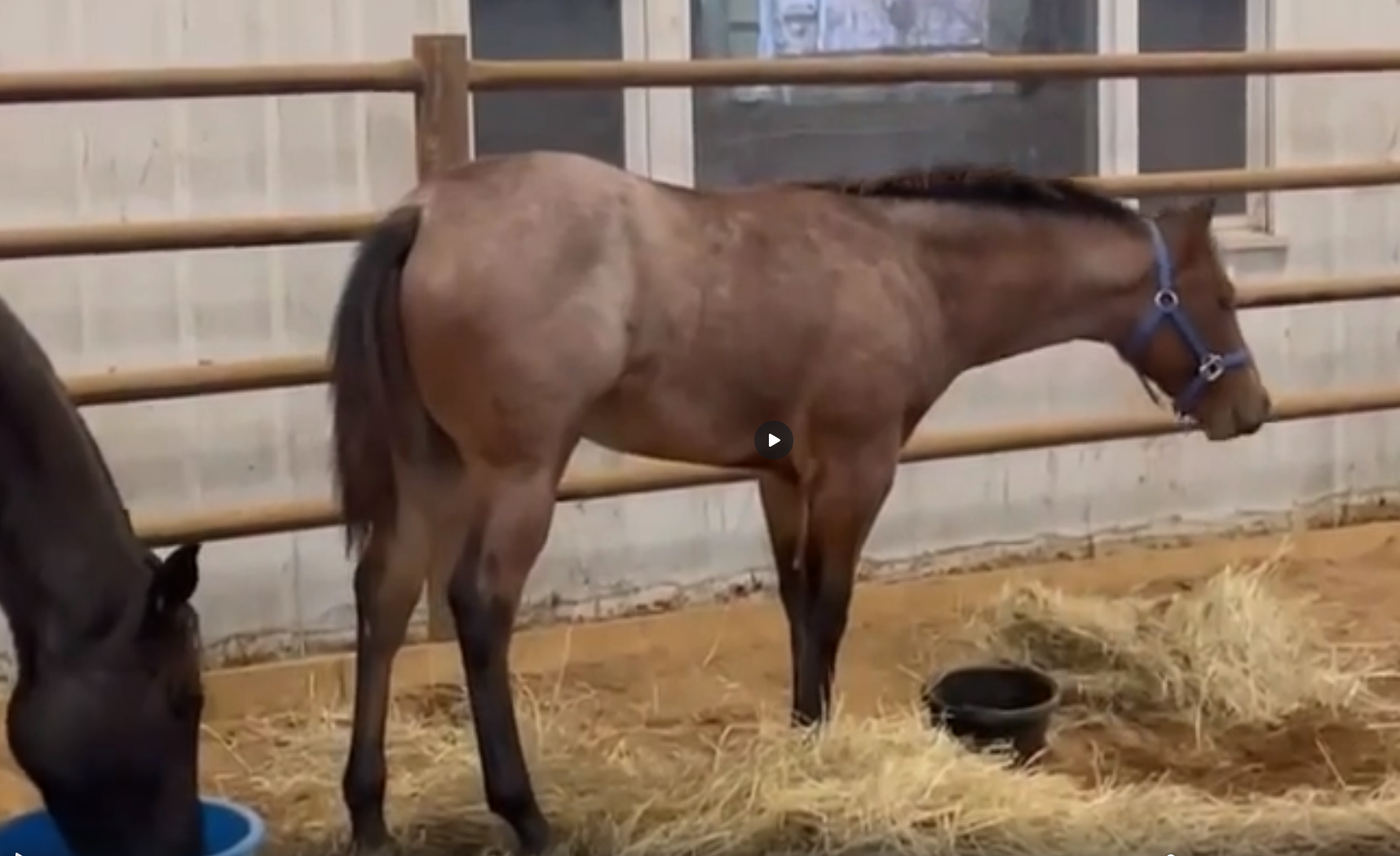Equine Socialization: Why Is It Important?
Horses are herd animals and they evolved to cooperate in groups. Since they are also a prey species their survival is based on alerting members of the herd. Throughout their evolution horses developed ways to communicate with each other.
Domesticated horses don’t have the pressure of being someone’s dinner although they still have the ingrained instinct to flee from danger (even if that danger may be leaves falling from a tree!).
People who care about their horses need to learn a lot about equine nutrition and training techniques. They also need to understand the horse’s natural social behaviors. As horse owners we want our horses to meet their social needs with other horses as well as their humans.
Why Is Socialization Important?
Proper socialization is very important for our horses today. A horse that is comfortable and happy is more willing to learn new skills through training.
You want your horse to feel comfortable at shows and trail rides
You want your horse to develop normal relationships with their species
Just like humans, a horse’s brain goes through significant growth and development when they are young. Proper socialization is important for this to happen.
Socialized horses are calm and relaxed and therefore more willing to accept training.
Ethological Needs
Ethological needs are those that come from the horse internally. Physical and emotional needs that stem from internal stimuli such as hunger, thirst, safety, movement, and social contact.
How Can We Teach Socialization Skills?
Pair a weanling or young horse with an older horse to teach them the ropes
Pasture horses in groups or with a buddy
Use stalls that allow horses to touch each other over a side wall or door.
Go on group trail rides
Sign up for a clinic or group riding lesson
Horses use calming signals to communicate with each other. You can observe this in a herd of horses. As social animals, they want to get along. Even the dominant mare or stallion in a wild herd use calming signals.
You can send calming signals to your horse as well. Know that you set the tone. Have positive body language and let your horse see you relaxed and interacting in group situations.
Some horses feel so overwhelmed they need help reaching in and finding those social cues. Give lots of positive feedback to your horse. In some cases, you may not know what trauma the horse has experienced in the past.
Check out our Customization Page and turn your logo into a design for clothing and more!
How Do You Help A Horse With Social Anxiety?
Just like humans, horses need guidance in feeling safe and comfortable with other horses. If you have a horse dealing with social anxiety, there are several approaches you can take to help them feel more comfortable and confident. Firstly, establishing a consistent routine can be beneficial. Horses with social anxiety often thrive with predictable schedules as it helps them feel secure.
Gradual exposure to new environments and situations can also aid in desensitizing them to social stimuli. Provide opportunities for positive social interaction with other horses, but start with short, supervised sessions to avoid overwhelming them. Building trust and forming a strong bond through gentle grooming, groundwork, and positive reinforcement training techniques can also aid in reducing anxiety.
Author, Ame Vanorio, is the director of Fox Run Environmental Education an author, and a loving mom to rescue horse Rocket.




Cycloid Vibration Therapy (CVT) is a safe and easy treatment used on soft tissue injuries, sore muscles, and joints. The vibrations stimulate the musculoskeletal system increasing circulation and flexibility.